
Exciting new series on “Voice, Body and Movement for Lawyers – How to connect with the jury and find Justice Through Dramatic Technique!”
Click here to find out more
Digital information is everywhere. Lawyers and clients generate, receive, and store electronic communications and files daily. Lawyers must be competent in the use of electronic information and must maintain client confidences whenever they deal with such data, whether in litigation or otherwise. The duties of competence and confidentiality also must be taken into consideration when attorneys use social media for, among other things, advertising the availability of their services or conducting investigations. Attorneys must also understand the importance of taking reasonable steps to safeguard the security of data.
This program will examine the ethical obligations of attorneys as they practice law in the “digital age.”
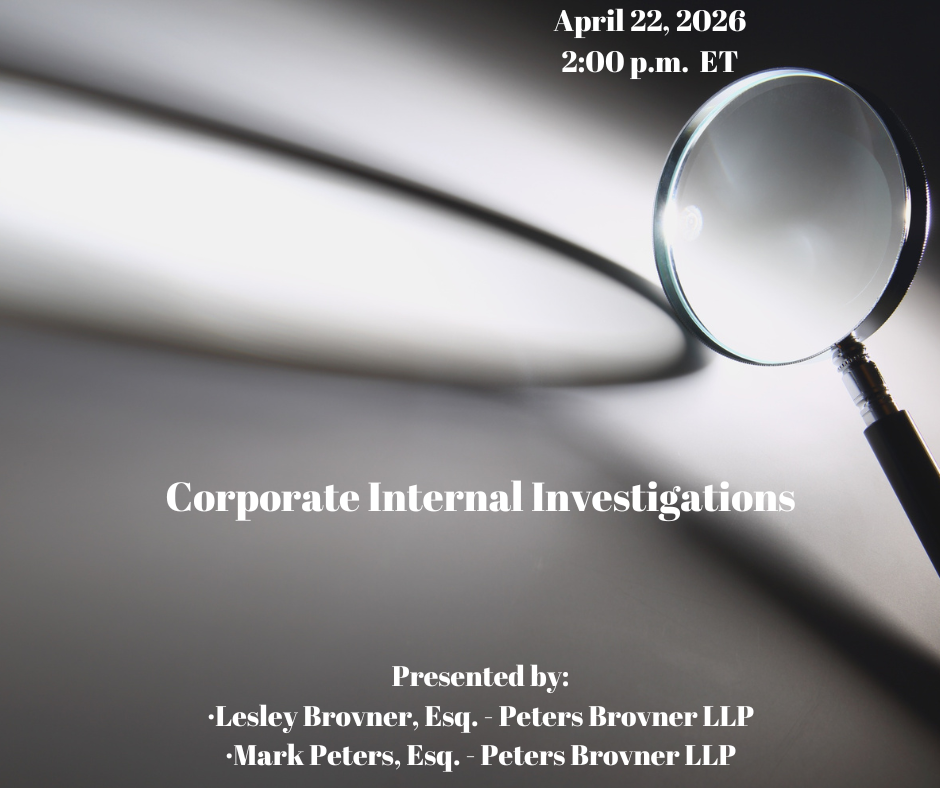
The CLE will cover the Ins and Outs of Internal Corporate Investigations, including: Back...
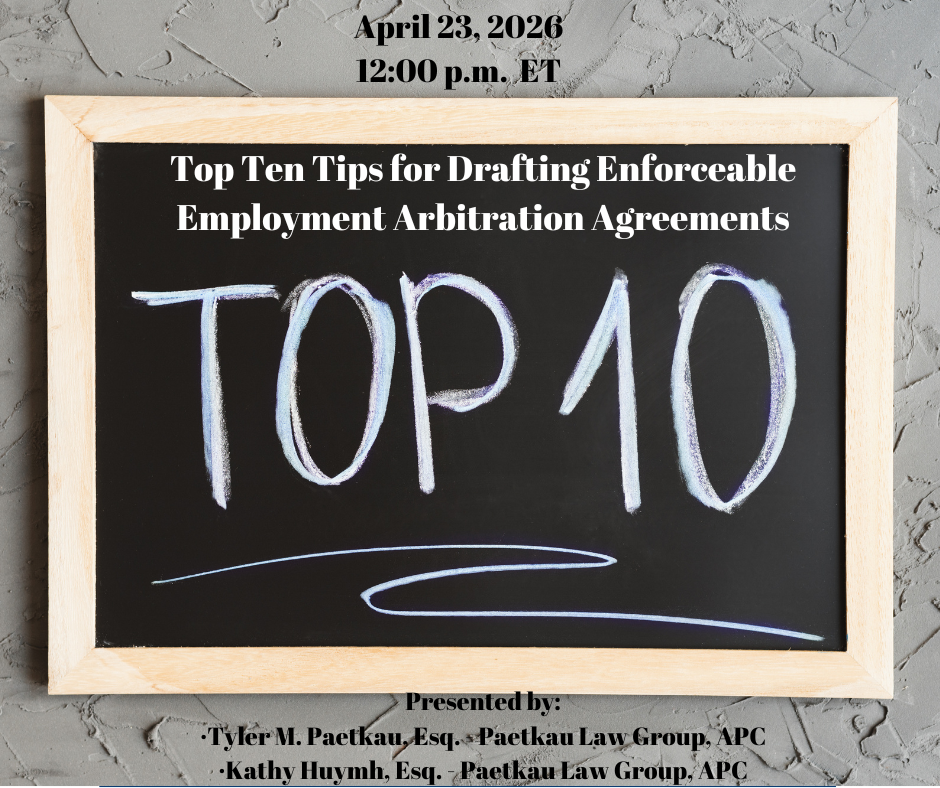
In the rapidly evolving landscape of employment law, arbitration agreements have become a cornerston...

Recent studies have shown that there has been a dramatic increase in impairment due to alcoholism, a...
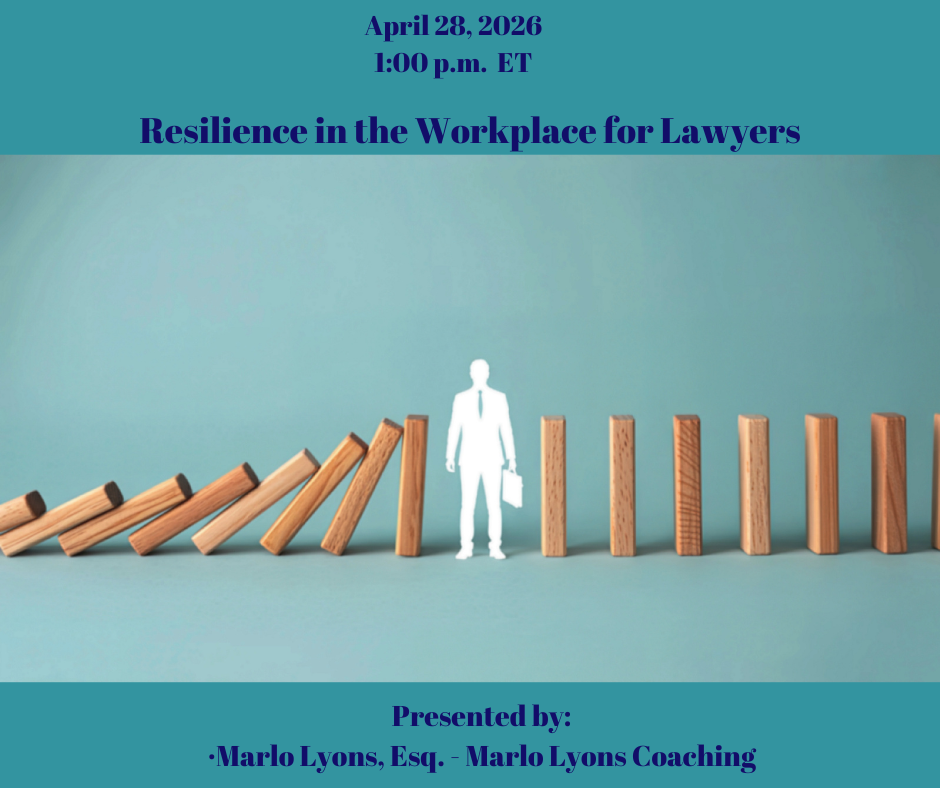
Resilience in the Workplace, delves into the critical importance of resilience in navigating the cha...
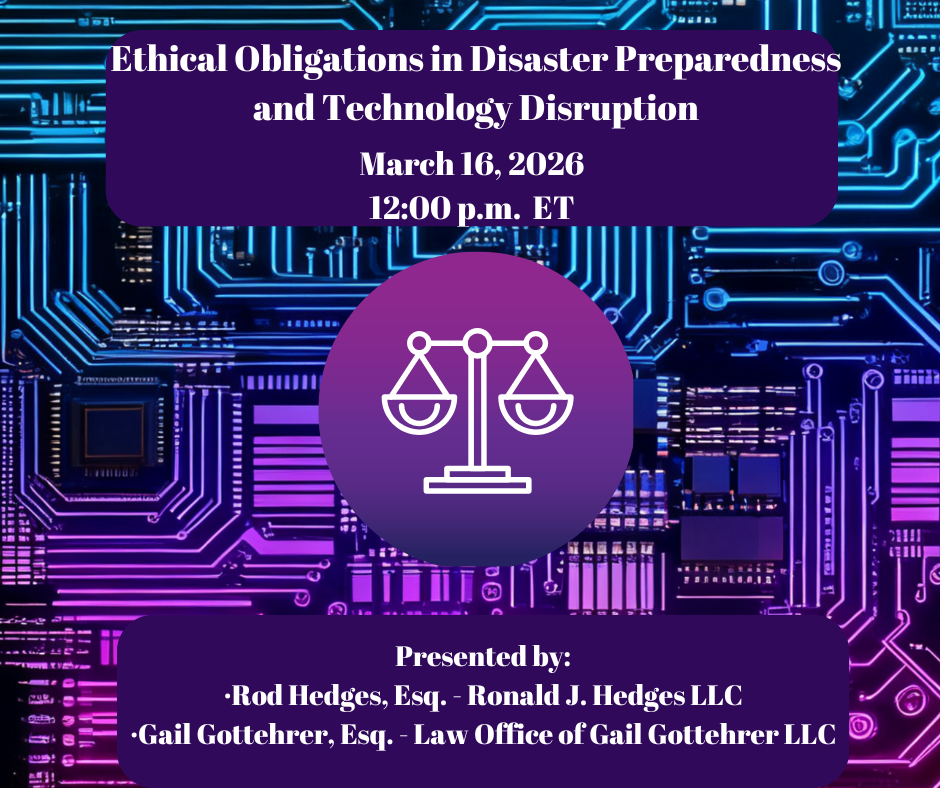
Disasters, whether natural or manmade, happen. Disasters can impact the practice of law and, among o...

This course clarifies the distinction between profit and cash flow from a legal perspective. Attorne...

Attorneys are judged every time they speak—in client meetings, depositions, hearings, negotiat...

This dynamic and compelling presentation explores how chronic stress, sleep deprivation, and substan...

Successful personal injury defense practice requires far more than strong legal arguments—it d...
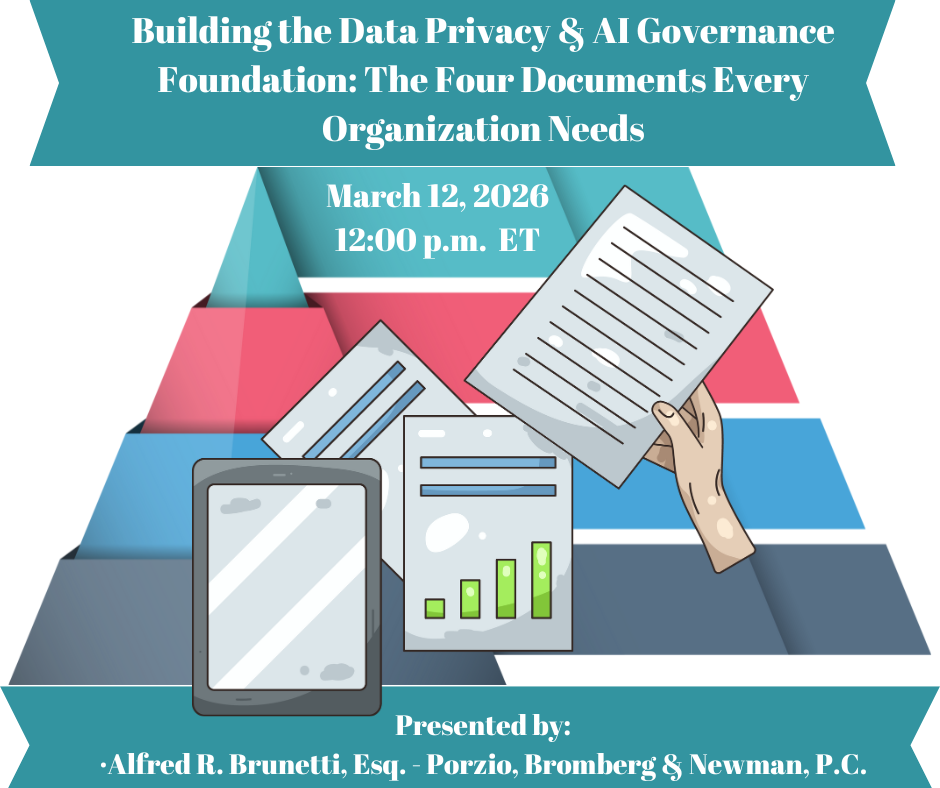
Effective data privacy and artificial intelligence governance programs do not happen by accident. Th...